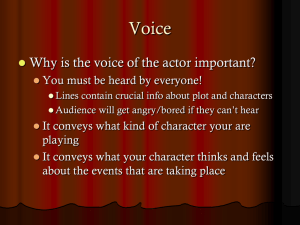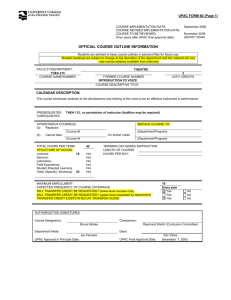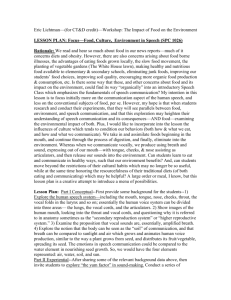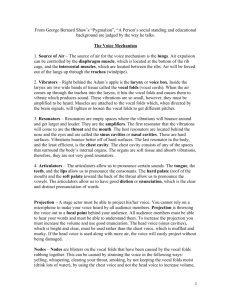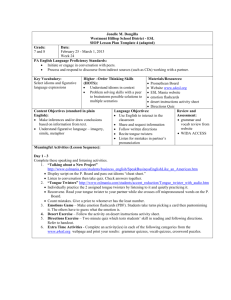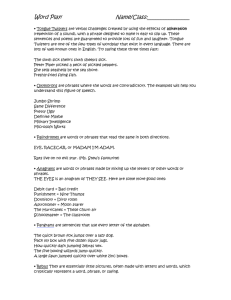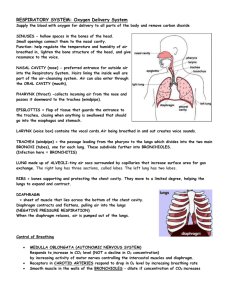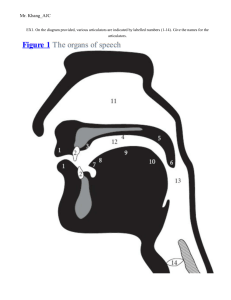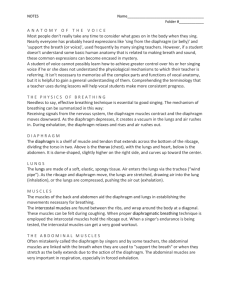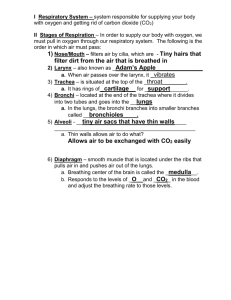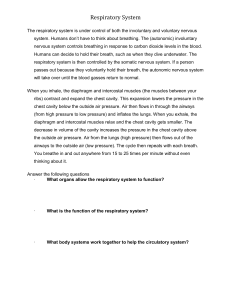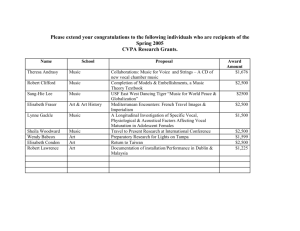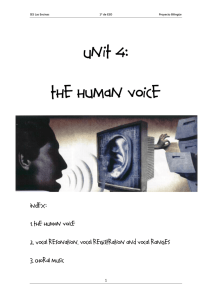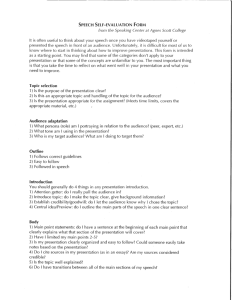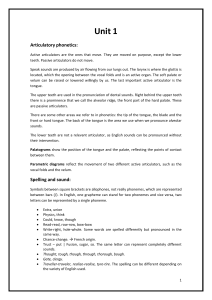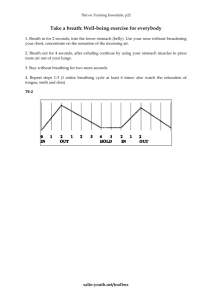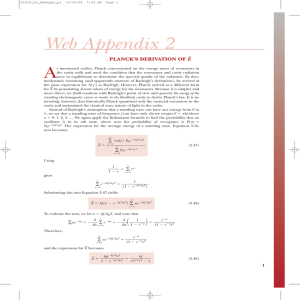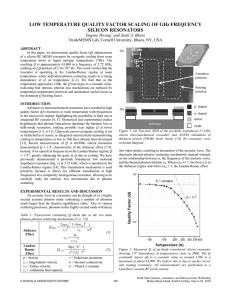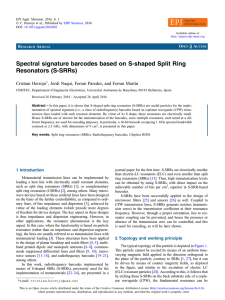Let's Make Some Noise! Your Voice, and how it is made: Articulators
advertisement
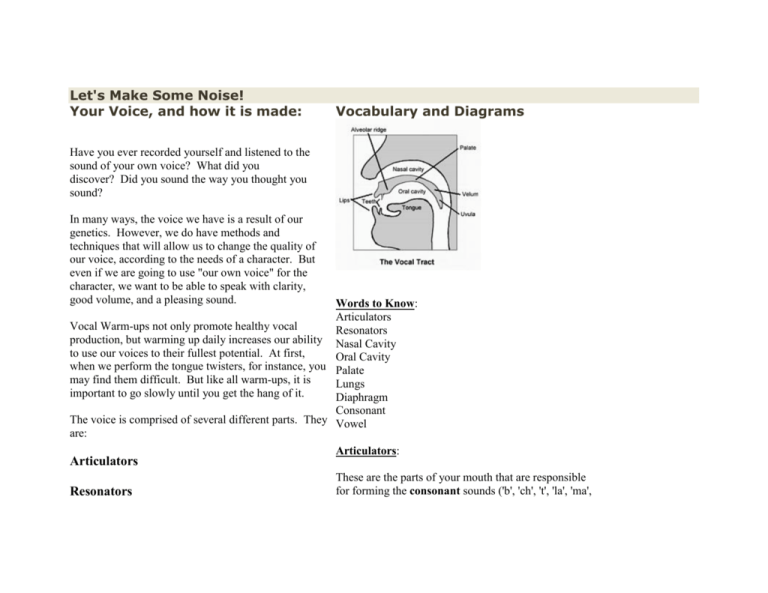
Let's Make Some Noise!
Your Voice, and how it is made:
Vocabulary and Diagrams
Have you ever recorded yourself and listened to the
sound of your own voice? What did you
discover? Did you sound the way you thought you
sound?
In many ways, the voice we have is a result of our
genetics. However, we do have methods and
techniques that will allow us to change the quality of
our voice, according to the needs of a character. But
even if we are going to use "our own voice" for the
character, we want to be able to speak with clarity,
good volume, and a pleasing sound.
Words to Know:
Articulators
Vocal Warm-ups not only promote healthy vocal
Resonators
production, but warming up daily increases our ability Nasal Cavity
to use our voices to their fullest potential. At first,
Oral Cavity
when we perform the tongue twisters, for instance, you Palate
may find them difficult. But like all warm-ups, it is
Lungs
important to go slowly until you get the hang of it.
Diaphragm
Consonant
The voice is comprised of several different parts. They Vowel
are:
Articulators:
Articulators
Resonators
These are the parts of your mouth that are responsible
for forming the consonant sounds ('b', 'ch', 't', 'la', 'ma',
Breath Support
Look to the next column for more details!
Good Warm-up Activities:
Articulators
Tongue Twisters
Resonators
Roller-coaster
Sing "Apples and Bananas"
Breath Support
Hissing
Vocally count as high as you can without taking a
breath
'na', 'ga', etc.) by stopping or modifying your air
flow. They include your teeth, lips, tongue,
and palate.
Resonators:
These are the parts of your mouth, chest, head, and
throat that are responsible for the quality of your vowel
sounds ('a', 'e', 'i', 'o', 'u'). If you hum, you can feel with
your hand the parts of your body that vibrate. Those are
your resonators. Some, like your nasal cavity, are
difficult, if not impossible, to change, while changing
your oral cavity is easy and can greatly affect the
quality of your voice. Also, you will notice that as you
get older, your vocal cords (an extremely important
resonator) thicken, changing the quality of your
voice. (But don't worry! It just means you are getting
your 'adult voice'. The great news about that is there are
lots and lots more characters written for adults than there
are for kids!)
Breath Support:
Without air, we can't...well....live. But having no air to
push across your vocal cords also makes speech very
difficult!
So, what provides the air you need to produce your
voice? You guessed it: your lungs! But what is that
muscle responsible for pushing that air out of your
lungs? That's right! Your diaphragm (DIE-uh-fram).
Here is a diagram of the diaphragm. (We should use
that phrase as one of our tongue twisters!!)
